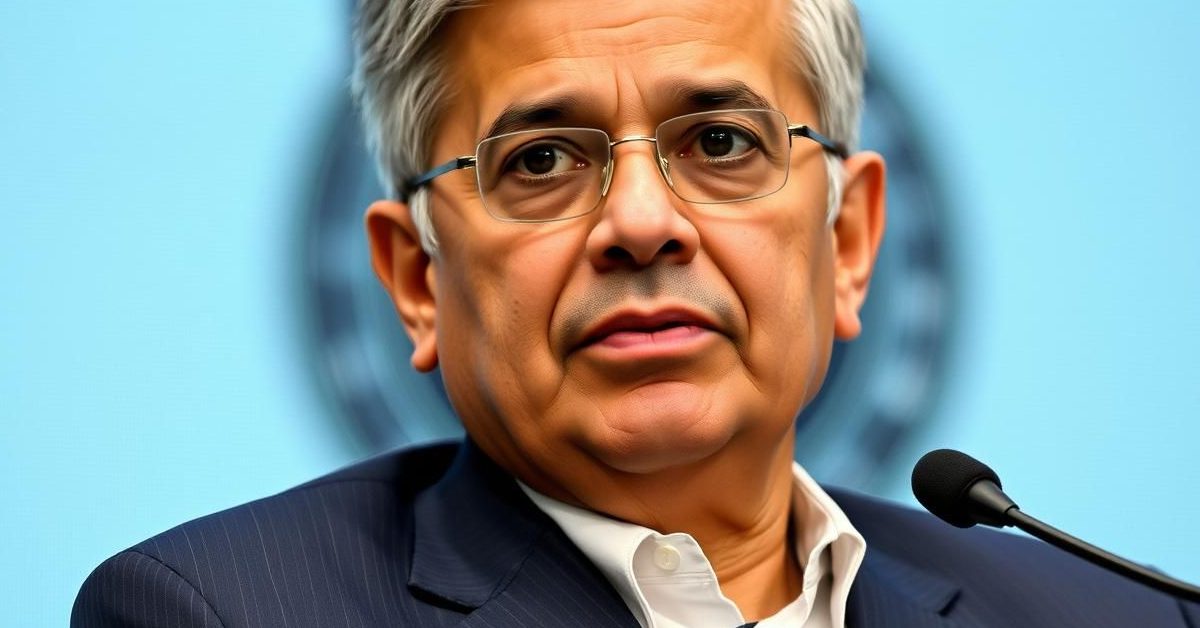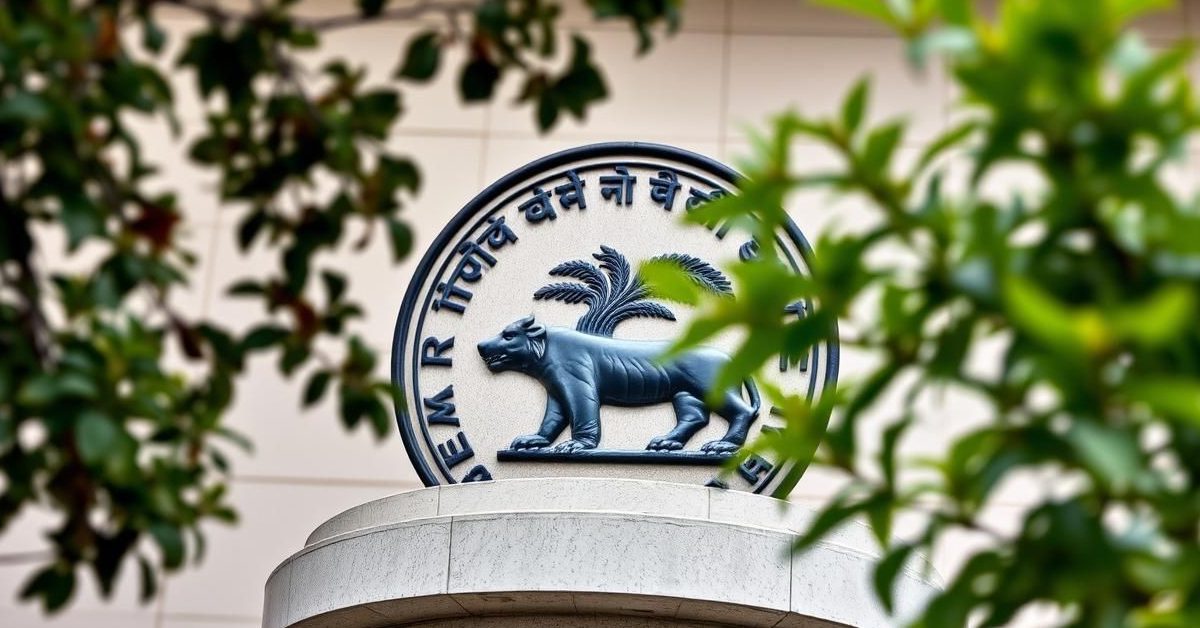Reserve Bank of India Governor Sanjay Malhotra recently backed US Federal Reserve Chair Jerome Powell amid White House criticism, while also sharing insights on India’s inflation fight and economic policies.
Supporting Central Bank Independence
During a financial summit in Mumbai, RBI Governor Sanjay Malhotra publicly lauded US Federal Reserve Chairman Jerome Powell for his “very good job.” Malhotra stressed the crucial importance of maintaining the independence of a central bank, especially in the face of political pressure.
He recalled an international meeting where Powell received a “roaring applause” from fellow central bankers and finance ministers for speaking about central bank independence. This moment highlighted the global respect for Powell’s stance, even as he faces domestic criticism.
The US Fed vs. White House
Malhotra’s comments come amidst an ongoing public feud between US President Donald Trump and Jerome Powell. Trump has repeatedly criticized Powell for not cutting interest rates, even calling him a “numbskull” and hinting at his potential replacement.
The latest dispute involved renovation costs at the Federal Reserve’s headquarters, showcasing the persistent tension between the two leaders.
India’s Ongoing Battle Against Inflation
Turning to India’s economic landscape, Governor Malhotra emphasized that the “war against inflation continues” despite recent successes. India’s retail inflation, measured by the Consumer Price Index (CPI), dropped to 2.1 percent in June 2025, the lowest since January 2019, and has remained below the 4 percent target for five consecutive months.
While acknowledging this “battle won,” Malhotra reiterated that the RBI’s primary objective remains price stability. He also linked stable prices to economic growth, noting that high inflation often hinders overall economic expansion.
Flexible Inflation Targeting Under Review
The RBI Governor highlighted the success of India’s flexible inflation targeting (FIT) framework, which aims to keep CPI at 4 percent with a +/-2 percent band. Since its introduction in 2016, inflation has moderated to an average of 4.9 percent.
The framework is due for a review, and the RBI plans to release a discussion paper soon. This paper will invite suggestions from stakeholders before the government takes a final decision on the inflation target.
Monetary Policy and Credit Growth
Regarding India’s monetary policy, Malhotra noted that the Monetary Policy Committee (MPC) has adopted a ‘neutral’ stance. This gives the MPC flexibility to adjust interest rates in either direction or to pause, based on incoming economic data.
He indicated that recent repo rate cuts, totalling 100 basis points between February and June 2025, are already showing signs of monetary transmission. This easing is expected to support increased credit flow and boost overall economic growth in the near future.
Key Takeaways from RBI Governor Malhotra
- Central bank independence is vital, as demonstrated by US Fed Chair Jerome Powell’s actions.
- India has made strides in controlling inflation, but continuous vigilance remains key.
- The Flexible Inflation Targeting framework has proven successful and is currently under review.
- The RBI’s ‘neutral’ monetary policy stance offers flexibility for future interest rate decisions.
- RBI maintains a cautious approach towards allowing non-banking financial companies (NBFCs) into full banking operations due to potential conflicts of interest.
Beyond monetary policy, Governor Malhotra also welcomed the India-United Kingdom Free Trade Agreement (FTA), viewing it as a crucial step to boost domestic manufacturing and services. He highlighted the importance of such bilateral deals, especially as multilateral trade agreements face global challenges, adding that an FTA with the US is also in advanced stages.














